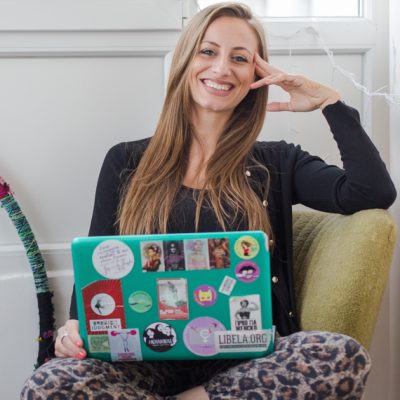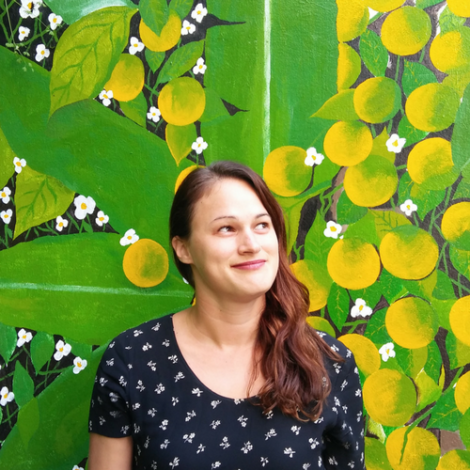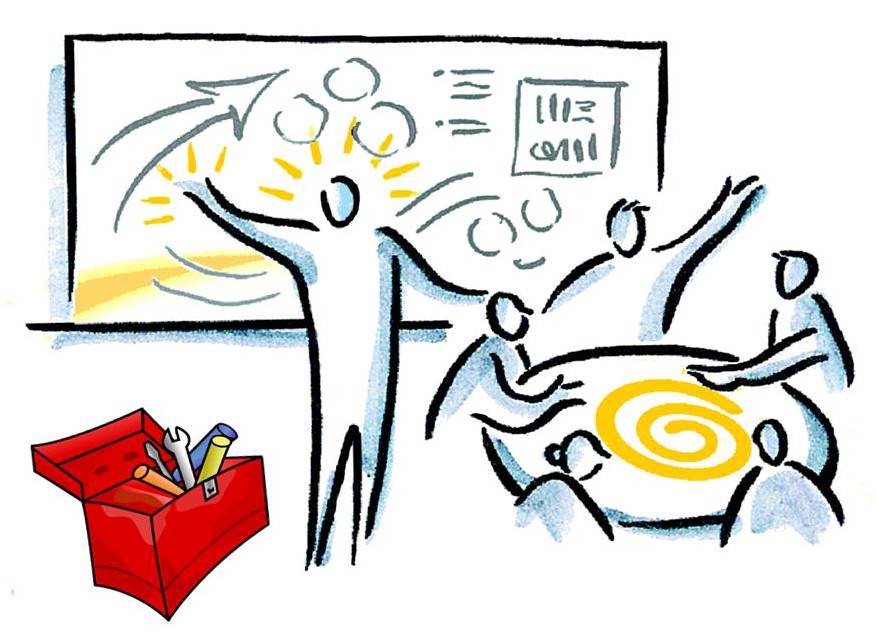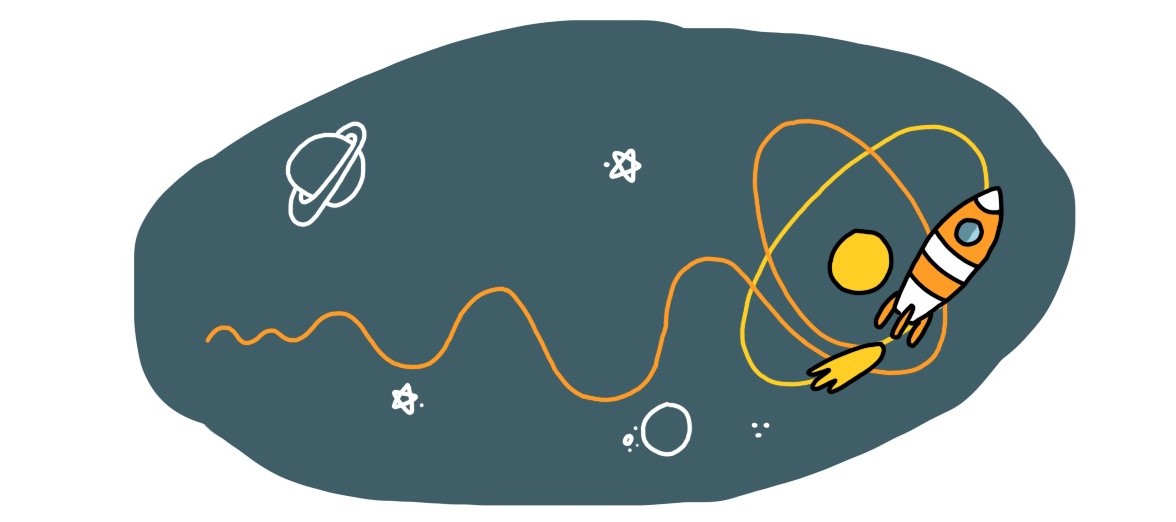Why Let Go of Power?
With dramatic changes in political environments, policies, and technologies, we are constantly being tasked with rethinking how we operate in response to new conditions around the world. Philanthropy and cultures of giving are also shifting as communities are finding autonomous ways to mobilize resources within their own communities, cultivating giving circles and leveraging crowdfunding campaigns. The uptick in the number of newer, less hierarchical funding models is evidence that traditional funding models may not always be well-suited to reach emerging needs and initiatives. From INGOs, public and private philanthropy, to Bilaterals to Multilateral funders, there is an awareness that in a moment of so much uncertainty—we can be certain of the fact that things will not stay the same. Whether and how funders want to recognize and be responsive to this change, is the question.
The way we at FRIDA recognize and respond to ever-shifting needs is through participatory grantmaking. FRIDA uses a process where applicants determine the priorities for funding in their own context. FRIDA facilitates a global online peer review process where girls, young women, and trans* youth actually review applications, vote, and determine where funding goes. In order to achieve our goal of building the collective power of young feminists to transform their own communities, this process is made accessible in seven different languages: Arabic, English, French, Mandarin, Portuguese, Russian, and Spanish.
 To some, participatory grantmaking may seem like the flavor of the month—an experimental, value-based model without proven impact or a strong cost/benefit argument. What we see is that it is not a new or temporary practice, but something many have successfully practiced for decades. Participatory grantmaking mirrors and is fuelled by changes at the community and movement level. At the core of this practice is a commitment to transform power in relationships between those with resources and those without. It enables grantseekers to be actively involved in decisions about their realities rather than passive aid recipients. The changes and innovations in funding and philanthropy are often driven by communities that are demanding to be heard. Participatory grantmaking is driven by the need for representation, transparency, accountability to movements and risk-taking in a changing world.
To some, participatory grantmaking may seem like the flavor of the month—an experimental, value-based model without proven impact or a strong cost/benefit argument. What we see is that it is not a new or temporary practice, but something many have successfully practiced for decades. Participatory grantmaking mirrors and is fuelled by changes at the community and movement level. At the core of this practice is a commitment to transform power in relationships between those with resources and those without. It enables grantseekers to be actively involved in decisions about their realities rather than passive aid recipients. The changes and innovations in funding and philanthropy are often driven by communities that are demanding to be heard. Participatory grantmaking is driven by the need for representation, transparency, accountability to movements and risk-taking in a changing world.
In FRIDA’s experience, participatory processes enable clear connections between communities and movements, offering concrete opportunities for mutual learning for grantmakers and grantseekers. As groups are peer reviewing each others' applications, they share that they feel increased accountability between the groups - those who voted and those who receive the grant. After each cycle, we share with all the groups that were part of the voting process a short report on how the groups they voted are doing and their work. Groups do not only communicate with the funder but with the broader movement that supported their application, which supports to build horizontal accountability.
As funders, there is a power dynamic that is unavoidable in our work. At FRIDA, supporting autonomous, grassroots activists, we try to be aware of the power we hold, find structural ways to be responsive, and build relationships of trust and shared power by pushing actively against hierarchical and non-transparent decision making. We aim to learn by doing, ensuring we effectively use data and prioritize the voices of the communities we support to drive our decisions.
It is through giving up some of our own power as a grantmakers, and aiming to model a culture of accountability, that we can build mutual trust and stronger connections to do the movements that we are supporting. This means seeing our grantee partners as experts and best placed to guide resources. By creating a space for accountability and openness with our grantees, we enable transformative shifts to take place.
In our experience, the key has been to never stop questioning and learning in the process, recognizing that we do not have all the answers. Participatory grantmaking can contain a certain amount of chaos, yes, but it is organized chaos -- collective work with a plan and structure, that is simultaneously flexible and about connecting with communities. It is a live and human process—it is not a static thing that is written down and never changes, but rather depends on the people that are part of it. This means we have to be open to learning, listening, questioning and be vulnerable and humble to what we are going to learn and find out along the way. 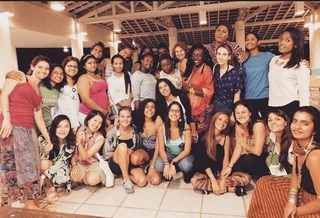
The need for self-reflection and humility cannot be undervalued. As a funder even without intending to, your actions may be contributing to oppression or injustices, so it is really critical to look at the impacts of the way you give money. We know that it doesn’t always work perfectly, but that is the value of the process -- it is about creating a space for reflection within your own organization and within movements.
We can’t change the world if we don’t recognize that the world has changed, and we can’t change the future with the tactics of the past. As funders, we can contribute to systemic change not only in who and what we fund, but in HOW we fund. Through our practice and through our relationships, we have a chance to change the game, and model the change we want to see.

